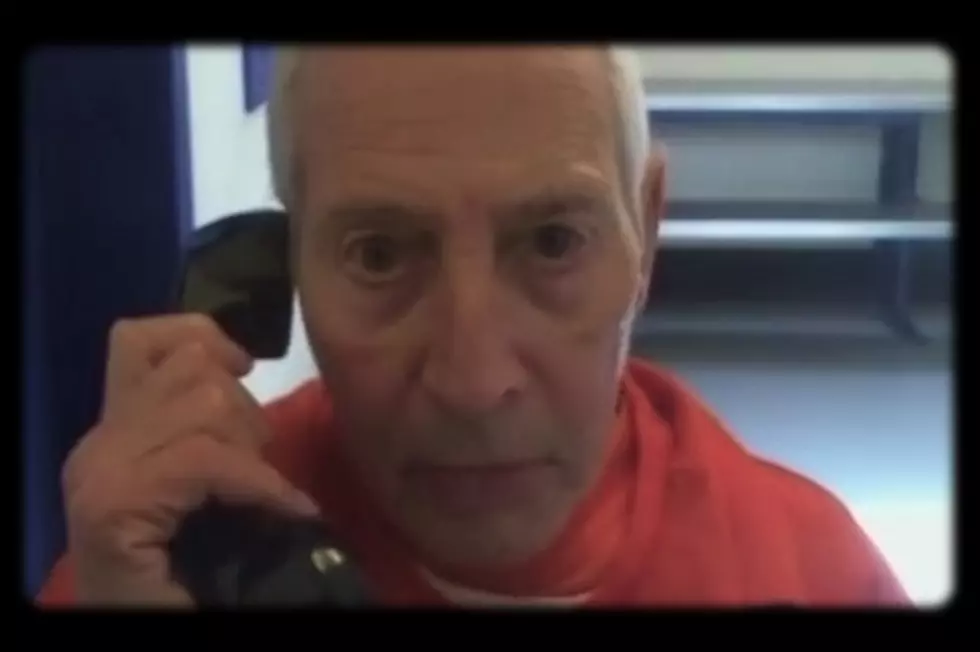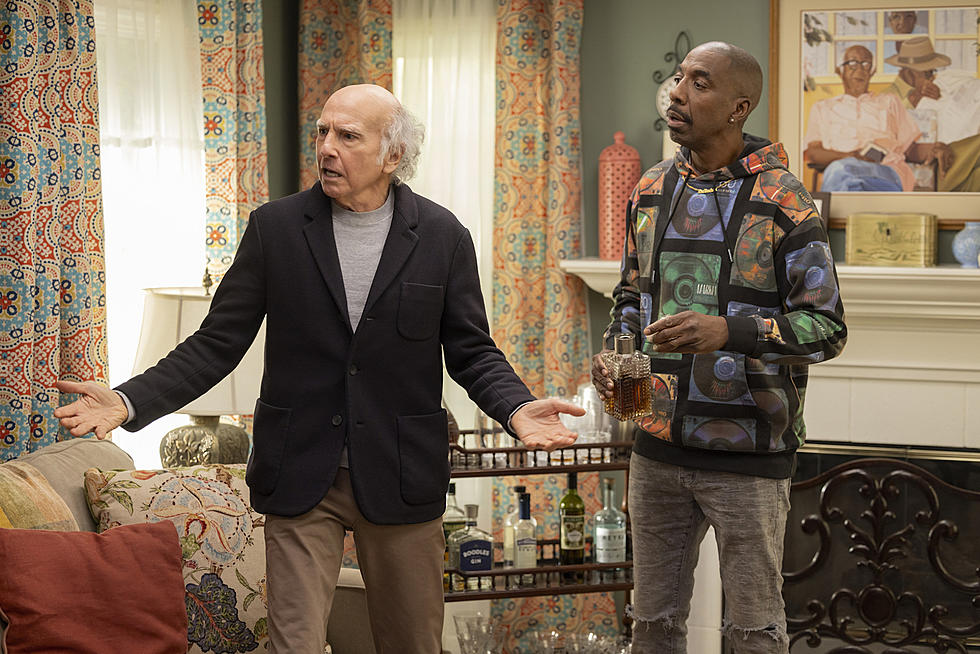
‘Girls’ Review: “Triggering”
Some of the best episodes of ‘Girls’ have taken Hannah out of her comfort zone and away from New York, whether that’s back home to visit her parents or going with Jessa to visit her absentee father. Moving Hannah to Iowa to attend the renowned Writers’ Workshop is an incredibly wise decision, not just for its potential to shift dynamics between characters or create new plot paths, but also because it immerses Hannah in a new world where she doesn’t know anyone—here we see Hannah differently, not surrounded by anyone or any places she knows; we see her the way others might see her.
At the Iowa Writers’ Workshop, dramatized and heightened similarly to the New York of ‘Girls,’ the series seems to address the idea that Hannah is unrealistic or unrelatable—here are people from outside her microcosm in New York and they are criticizing her much in the same way that many viewers have criticized Lena Dunham herself. Can Hannah connect with “real people”? I mean, these are definitely Hannah’s versions of “real people.”
“Triggering” does a fantastic job of exploring criticism and its effect on the creative process. As expected, Hannah doesn’t take criticism very well, especially from her peers, and has a difficult time abiding by Workshop rules and remaining silent during the discussion around her short story. She feels the need to correct and revise their opinions, basically telling her peers that their opinions are factually inaccurate, but they’re expressing subjective reactions to a subjective piece.
Via the criticisms and Hannah’s desire to “metabolize” them so she can try to integrate these reactions into her work to improve it, the episode addresses the absurd idea that you can please everyone through your creative output—or that you should even try to do such a thing. Hannah’s writing is her own, but the only thing she can really achieve is improving the mechanics of her stories or the narrative structure and flow. If she were to ingest the criticisms of every person in that room and attempt to cater her narrative to their perspective, essentially trying not to offend everyone, her story would transform into something boring and bland. It would read like a children’s’ book or it would simply have the word “the” on the page and nothing else. What is the most unoffensive story to tell? It’s no story at all.
It reminds me of that ‘SNL’ television show parody, “The Dudleys,” from the Woody Harrelson episode last year, in which a network continues to address viewer complaints by continually changing aspects of the series in an effort to make the most unoffensive show possible. But what they accomplish is making the show more and more baffling and less coherent or interesting. You can’t please everyone. There will always be critics who voice negative opinions about your work.
This is something Dunham knows well, but it’s something Hannah needs to learn. Instead of contemplating this, she questions the opinions of a classmate at a local bar while trying to get acquainted with her new peers, and suggests that maybe her classmate was exaggerating or being insincere, and when she tells Hannah that she was being honest, Hannah uncomfortably accuses her of being a survivor of abuse as that’s the only reasonable explanation for why she was offended. As another fellow graduate student (played by ‘Appropriate Behavior’ filmmaker/star Desiree Akhavan) tells Hannah, “stories can be very powerful.” Just because someone hasn’t been abused or isn’t the victim of social injustice or hasn’t actually had a similar experience to one featured in a work of fiction, doesn’t mean that they can’t relate or can’t be offended by the way it’s described.
But this is all perception, too, and it’s highly subjective. We react subjectively to a subjective work, and there are no incorrect opinions. What offends some may not offend most, and vice versa.
In a further effort to avoid dealing with all of this, Hannah caves in to Elijah’s pressure to go to a local party, after Elijah drops in to escape New York’s BS under the guise of being a good, supportive friend. Hannah may be a graduate student, but she’s not immune to the college partying experience, and being at the Iowa Writers’ Workshop seems to do some of the “triggering” that the episode’s title suggests as she regresses and self-medicates rather than maturely confronting her obstacles.
Additional Thoughts:
- Hannah has discovered grapes as a snack. Iowa is so different!
- “Marn, your face is frozen in a very funny position.” Well that just sums up Marnie’s attitude in general, huh?
- Former ‘SNL’ featured player Brooks Whelan has a guest appearance as the cashier at the college store. I hope he pops up again.
- “Gut-wrenching, and not asking to wrench our guts…just wrenching them.” While Hannah has a lot she can process positively from these critiques, I love how pretentious and reactionary they are. They also read as a bit forced.
- FYI, hand jobs happen at every party Elijah goes to.
- Hannah tells the crying girl at the party that it’s best to take an oblivious, ask-no-questions approach to long-distance commitment. Will Hannah sleep with someone else? Will Adam? Is this the plan she was trying to make when he kept blowing her off about it, or is this her decision because he blew her off? Questions!
More From ScreenCrush









